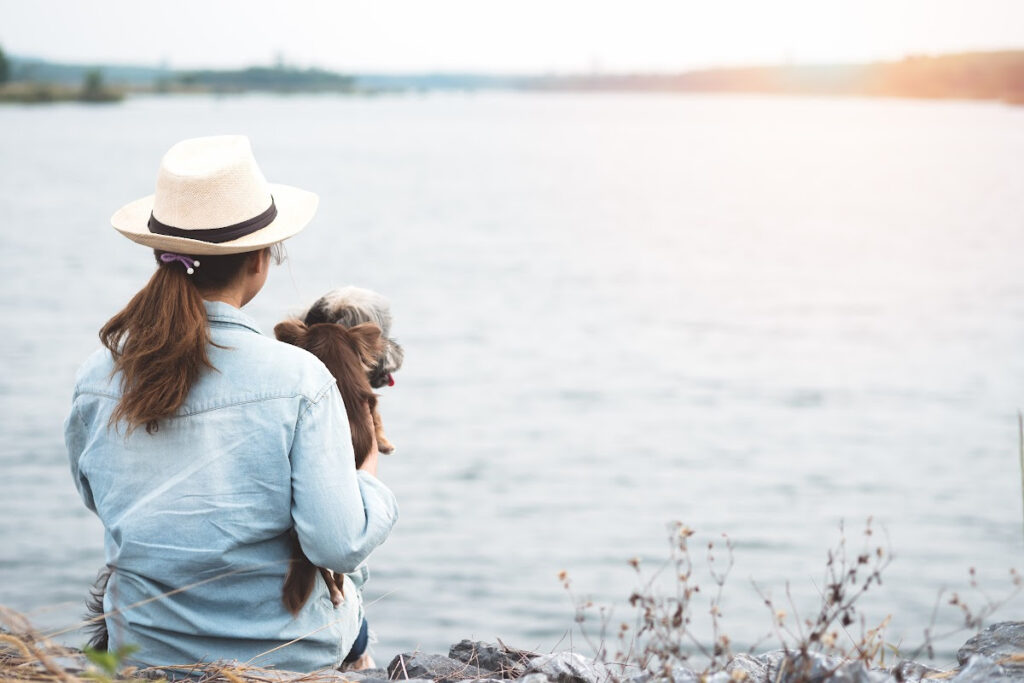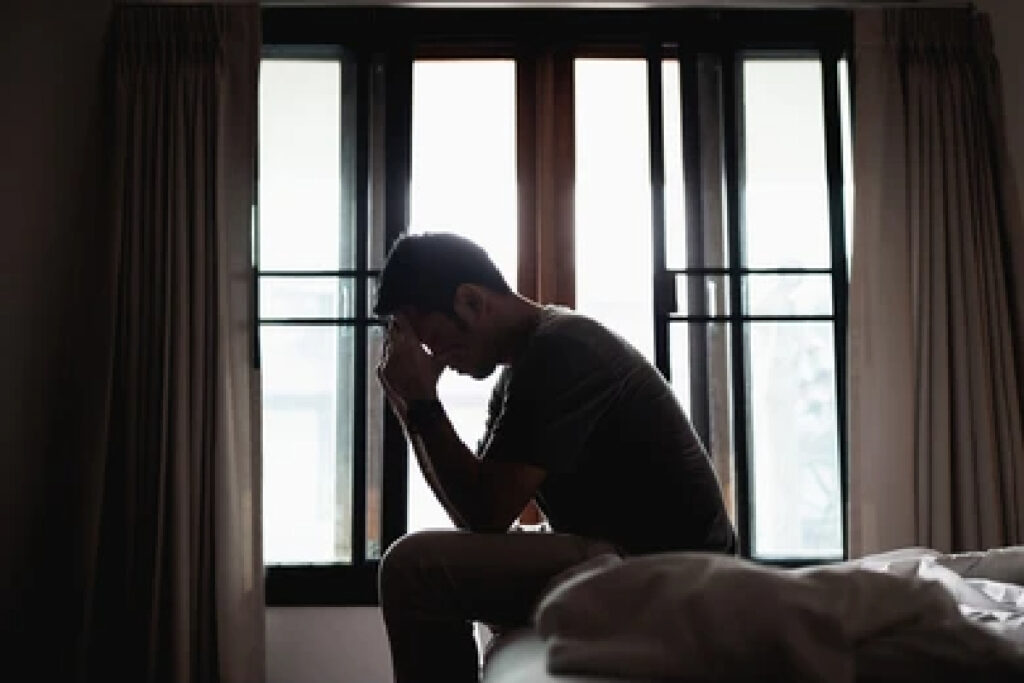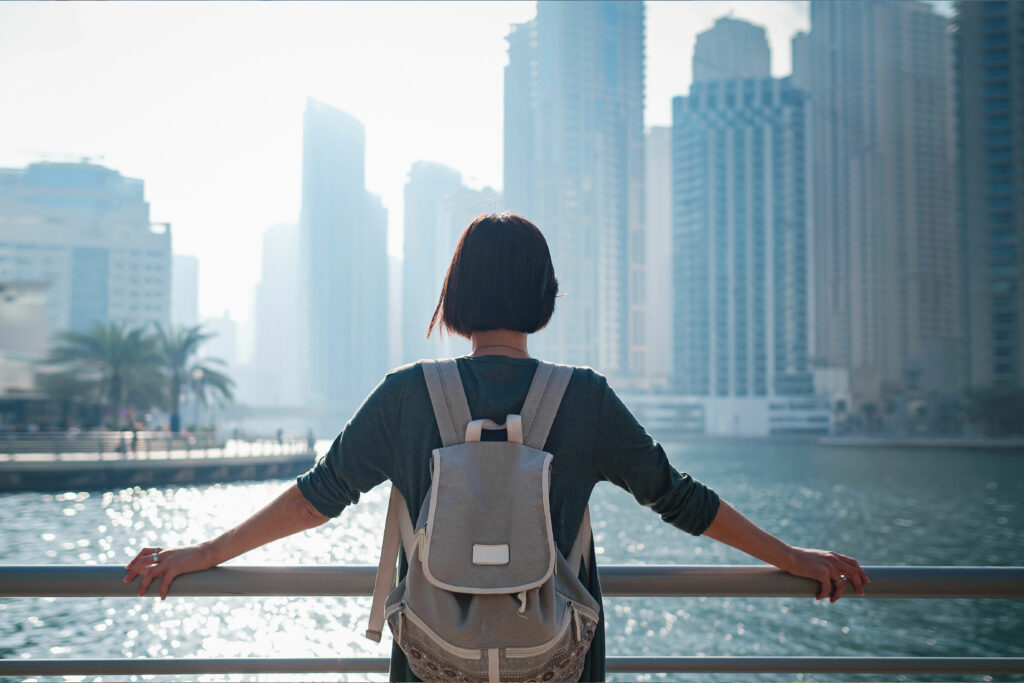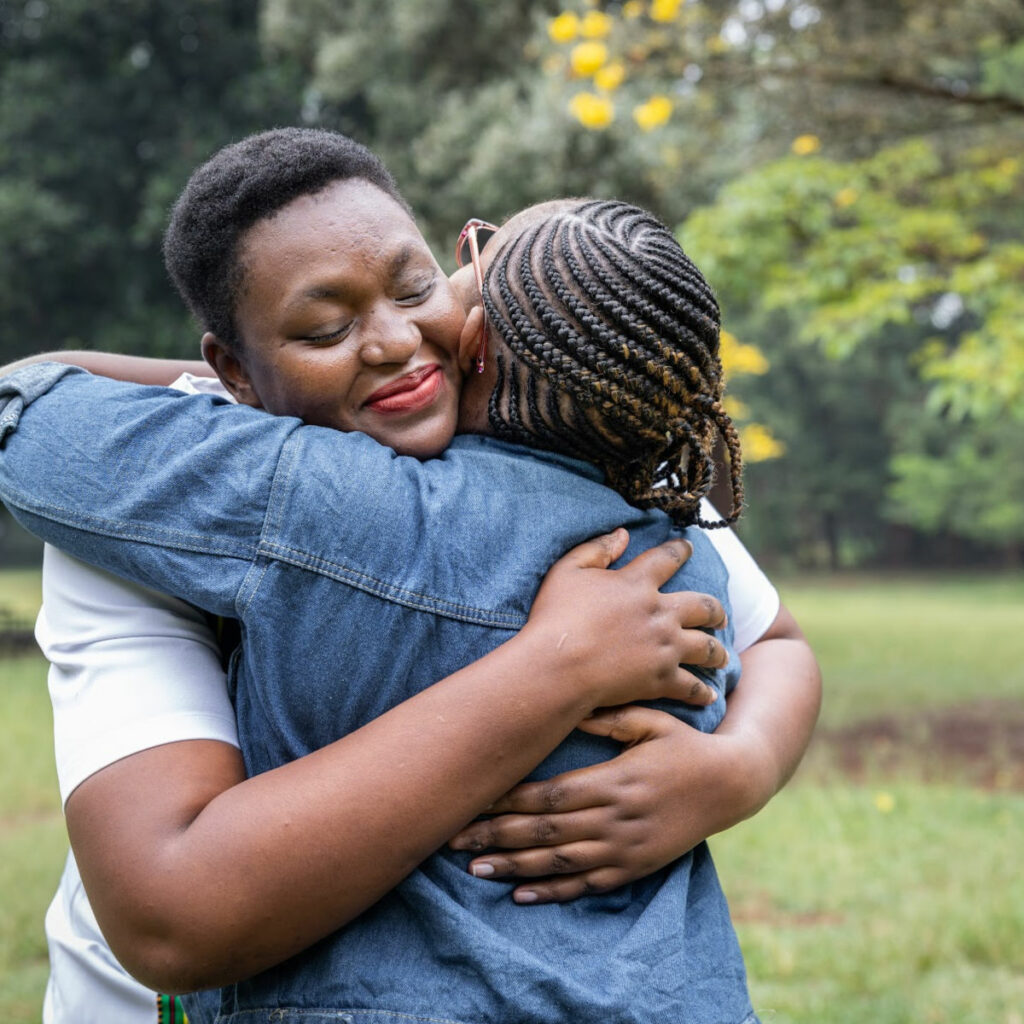How to know if you might be suffering from Covid PTSD
It’s been 2 years of masks, distancing, stress, anxiety, and shifting the way we live our lives. Some of us still worry and have anxiety every moment of every day if simple everyday activities like going to the grocery store were safe or if you’d get Covid just by trying to pick up some extra creamer for your coffee. This is a complex mental health issue. If your anxiety, worry, and fear are making you extra jumpy, disconnected from others, or experiencing emotions that are taking control of some of your daily activities, according to research you might be suffering from Covid PTSD.

Not everyone develops PTSD from a traumatic event but lately, more and more stories are coming out about nurses on the front lines, folks who suffered a traumatic event due to Covid, and patients who suffered Covid suffering from this potentially debilitating disorder due to their experiences with Covid-19. The Associated Press said, “PTSD is commonly associated with veterans of military combat, but it can occur after exposure to other violent, dangerous or frightening events. And now the CDC lists it as an effect of COVID-19 illness or hospitalization.”
According to this article on the Cedars-Sinai blog, “Up to one-third of people who experience the sensation of not being able to breathe, as in severe cases of COVID-19, develop clinical PTSD after those experiences. “Studies show that the experience of being hospitalized—being confused and frightened and feeling like you’re drowning—is traumatizing,” Dr. Danovitch says.
How can you identify if you’re suffering from Covid PTSD?
I’m not a mental health professional but I’ve done some research to explain what this is. After a traumatic event, you can expect to see symptoms pop up weeks, months or even years afterward. According to this article about how to cope with PTSD from Covid, “Symptoms may include intrusive thoughts or images of a traumatic event, avoidance of any reminders of that event, or changes in how you experience emotion, such as not experiencing positive emotions or feeling disconnected from others. Large shifts in how you think about yourself, other people, and the world in general, as well as being on edge all the time, irritable, or jumpy are also signs of PTSD,” says Monika Dargis, Ph.D. , Assistant Professor of Psychology in Psychiatry.

Know that you’re not alone. “I think for a lot of people, the idea of having a mental health challenge is there’s something inside of me that’s wrong,” he said. “And I think the idea of trauma helps people to understand that, no, this is something that is happening to me and how I’m responding is a natural response,” says Arthur Evans, CEO of the American Psychological Association (APA) in this article about people developing trauma-like symptoms from the pandemic.
What can you do?
Some protective factors listed on the Ceder-Sinai’s site say:
- Having a strong support network
- Having solid coping strategies
- Being able to respond effectively in the face of fear
- Seeking support from other people
They also noted, “Every person, and every trauma, is unique—what works for one person may not work for another. In every case, PTSD should be addressed by a mental health professional.”
”PTSD is treatable,” Dr. Danovitch says. “The goal is to help people access treatment.”
How can you help a friend?
Again, I am not a medical health professional. This is the advice I would give any friend of mine.
Seek a true professional to help you and/or your friend. When I was having a particularly hard time in the past, I found affordable counseling through CIIS and The Marina Counseling Center. You can also consider a mental health crisis line such as a Mobile Crisis Team like the one offered by San Francisco Community Behavioral Health Services (CBHS). My hope is that these resources to professionals can help you get the help you or your friend needs.
Be that supportive person they can come to when they are having a hard time. Check in on your friend often. Help them get medical help if you feel they need extra help that you and the rest of their network can’t provide. Know that it will take time for your friend or family member to heal from this and that’s OK.
March 2020 marked the month we all went into our homes due to a global pandemic featuring the virus known as Covid-19. We hunkered down trying to understand what the f*ck was happening. A few weeks in, we realized this wasn’t a passing flu virus. This was something that completely changed the way we look at the world.
Two Fucking Years of this BULLSH*T. And where are we now? Just completely exhausted by the constant juggling act we have to do mentally just to get by. So go gentle on yourself as we enter back into “normal” life & be patient with each other as we all try to navigate this best we can.










